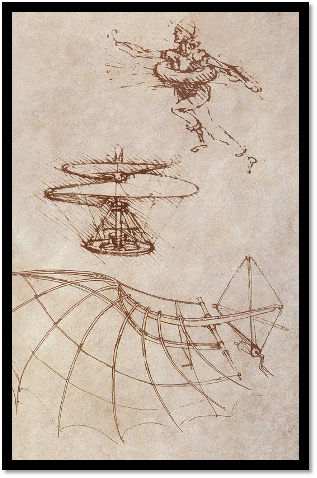Master of the Political Chessboard
- Sheri Mackey
- Oct 23, 2023
- 4 min read

We all know the important role of organizational politics in maneuvering the company towards its’ goals. Political leverage is utilized to promote organizational interests, as well as personal interests (occasionally). As a leader in today's rapidly evolving environment, it is also important to consider that in order to realize a game-changing future, you will need more than just a great strategy – you must master the political chessboard.
While it would be naive not to acknowledge politics as a potentially destructive force, when deployed appropriately it can help the organization to meet its strategic goals and live up to its values, especially during organizational change.
So what is politics, really? Organizational politics refers to a variety of activities associated with the use of influencing tactics to improve personal or organizational interests. Individuals with political skills tend to do better in gaining more personal power as well as managing stress and job demands, than their politically naive counterparts. They also have a greater impact on organizational outcomes.
Political maneuvering is also likely to be present, but not explicit, until it is too late. For example, a leader may need to exert significant pressure on a team to get something done by using the power of their position to get something important done within a specific timeframe. It is also occasionally necessary for employees to work behind the scenes to build a consensus to build a coalition of supporters for a new vision or mission. Whatever the situation, it is important to understand that the foundation of political activity is often scarce resources (including time), social and structural inequalities, and personal motivations. An important aspect of organizational success is the ability to acquire sponsorship and stakeholder engagement. If leaders engage support from above, laterally, and below, they are likely to succeed. This equates to political influence – and to influence others requires building relationships of trust and persuading others to follow. That is what politics is about.
It is important for leaders to quickly identify those likely to support them and build strong coalitions aligning individual needs with organizational goals, in such a way that fulfillment of collective goals results in automatic fulfillment of individual needs at the same time. Leaders need to realize that organizational politics is a function of culture, as well as an indication of trust levels in the organization, and will always serve both individual and organizational agendas.
Dysfunctional politics can sink an organization, and yet most executives react with distaste to the idea of being a savvy organizational politician. Yes, it can be self-serving. However, the reality is that politics is normal. Organizational politics should be considered a different way of influencing the process along with norms, formal authority and expertise. Thus, it’s important for leaders to understand the forms it can take and how to use it for the success of the organization.
People often view political moves as dirty and will try to distance themselves from such activities. However, what may be difficult to acknowledge is that political moves can be for the welfare of the organization and its members. The first step in feeling comfortable with politics requires that leaders are equipped with a pragmatic approach and an understanding of the sources of political capital.
In order to master the political chessboard, leaders need to take a strategic approach to politics and should employ the following simple tactics to begin navigating the shores of political savvy:
Spend time with opponents: Most of us spend time with our allies, who we trust and who agree with us… when the people we have the most to learn from are our opponents.
Never take anything personally: If it is not personal it is far easier to maintain focus on what we are trying to achieve. It is our choice whether or not we will personalize things that happen.
Constantly reframe: It is natural to assume that it is “all about us” – the alternative is to recognize that much of politics is about people working to get things done within a diverse community of interests.
Leverage the power dynamic: Recognize that power can come in several forms: legitimate, referent, reward, expert, and coercive power. Much of politics is based on power – who’s got it and how you can use it to your advantage.
Build on mutually beneficial interlocking relationships: The better you are at networking, the better you will be at organizational politics.
Focus on interests, not positions: In the interest of finding common ground, care about people’s interests and ask more questions. Why is this person interested in …? What is s/he trying to achieve? How can you help? How do interests align?
As a leader, you have a responsibility to inspire people to act - by creating clarity and unity of purpose, as well as building synergies through organizational values. You can leverage political skills to manipulate others… or to influence them to achieve more than they ever thought possible – which one will accomplish more and move the organization forward faster?
Have you mastered your political chessboard?
You can contact me at sherilmackey@gmail.com. Check back soon for the next installation of Leadership Across Boundaries & Borders.







Comments